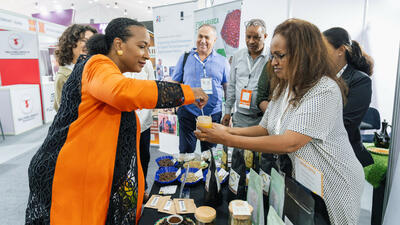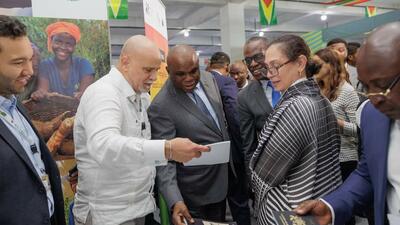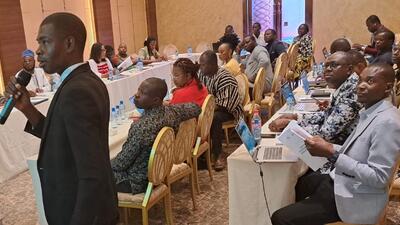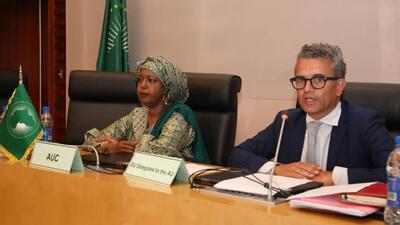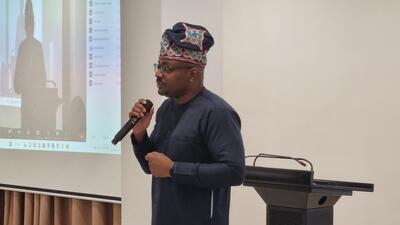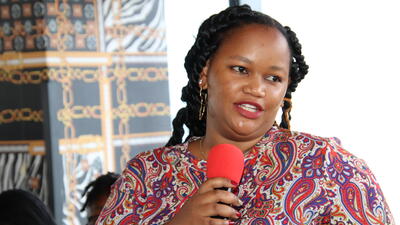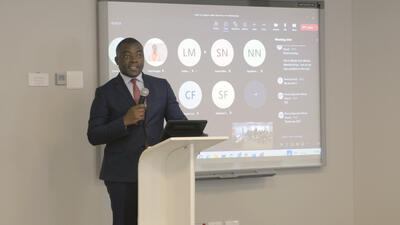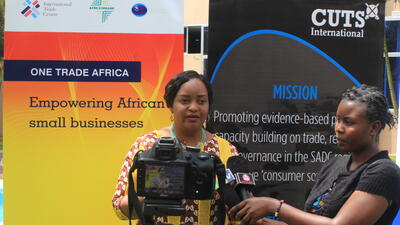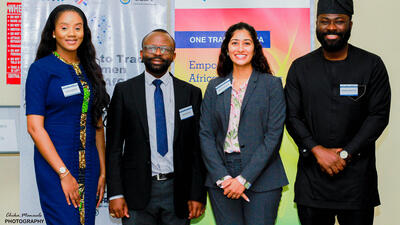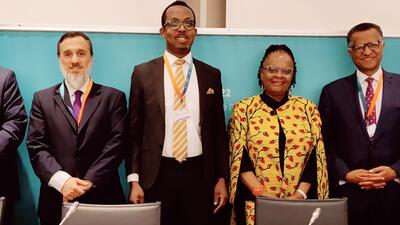

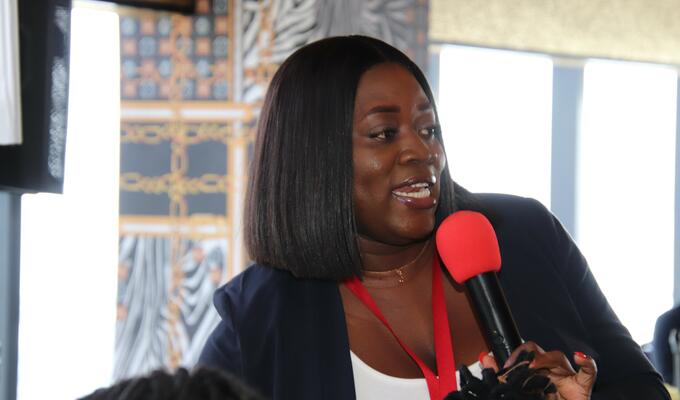
African women and youth learn to grow businesses with continental trade
Developed by ITC alongside several partners, a masterclass honed pitches, unpacked finance options, and prepared small businesses to tap into the pan-African free trade area.
Forty women and youth entrepreneurs participated in the masterclass, held in the runup to a major business forum on the African Continental Free Trade Area (AfCFTA).
The three-day masterclass, called Investment and Export Readiness Under AfCFTA, explained how to take advantage of the new opportunities provided by the free trade area. It guided business owners to attract tailored finance and investment, as well as establish business linkages to meet the scale and standard of the continental market.
Mechi Amaah, founder of Black n' Natural Cosmetics, manufactures vegan products for skin and hair in Cameroon, described the masterclass as a “welcome game changer” for her business.
She said the sessions on pitching for business were especially valuable.
“I am really thrilled that there was a session on this,” she said. “I already had a plan in place, but the masterclass has helped me to identify the loopholes in my initial pitch. I have already used the knowledge from the masterclass to upgrade my business pitch plan.”
Shirleen Wangari, the CEO of Blackwell Films in Kenya, said the networking at the AfCFTA Business Forum very beneficial.
“The ITC initiative to give us badges with a QR code to our business profiles was a brilliant idea that made networking so much easier,” she said. “I am happy to have closed two deals through those badges. I had fruitful meetings with people that are keen to take the conversation of film forward. That would not have happened without this trip.”
Tanatsiwa Dambuza, whose business Elonal makes honey in Zimbabwe, said the masterclass came at the right time to help him clear bureaucratic hurdles.
“The honey business had difficulties in registering due to bureaucratic red tape, cumbersome registration procedures, lack of one-stop offices for all documentation, and lack of financing,” he said. “The business also struggled to acquire all the exportation documentation, which are requisite to meet the standards and regulations of the international market.”
“I have also held on to my copy of the AfCFTA Glossary,” he said. “It will help me overcome some of the regulatory challenges I may face when looking to export.”
The glossary unpacks the continental Agreement so that small businesses better understand its legal, commercial and customs terms.
The International Trade Centre (ITC) collaborated with the United Nations Economic Commission for Africa (ECA), the Organization of Women in International Trade (OWIT), the AfCFTA Secretariat, the African Women & Youth Empowerment Group (AWYEG), and the Commercial Law Development Program (CLDP) to organise the investment and export readiness immersion programme.
About One Trade Africa
One Trade Africa works to enable, empower and enhance African MSMEs, women and youth entrepreneurs to access new transformative business opportunities created by the AfCFTA. The programme embraces a three-pronged delivery model which supports African MSMEs to compete, connect and change at the enterprise, business ecosystem and policy levels. ITC provides African MSMEs with training, advice and coaching to build capacities, connect to new and more lucrative markets, and create jobs.








